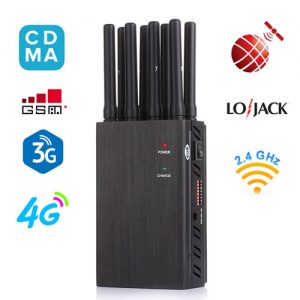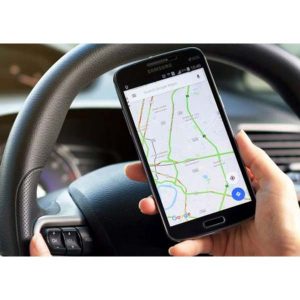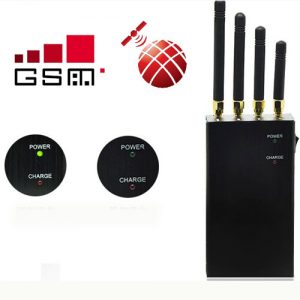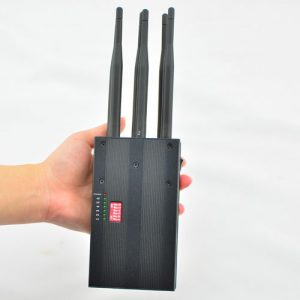CHARLESTON, SC (WCIV) – Calls are being made again tonight to get illegal cellphones out of South Carolina prisons after it was discovered that the biggest drug bust in South Carolina history has big players behind bars.
The Cell Phone Disruption Act, first introduced in 2019, must now be reintroduced before it is even discussed.
“I’m calling all members of the federal delegation in South Carolina to help us change federal regulations that prohibit us from blocking cell phones,” Attorney General Alan Wilson said Monday.
Prison signal jammer is a type of security system used in prisons that not only blocks unwanted phone calls in prison, but also only allows authorized calls.
Senator Lindsey Graham co-founded the Cell Phone Jammers Act of 2019. He is waiting to be re-introduced to the Senate.
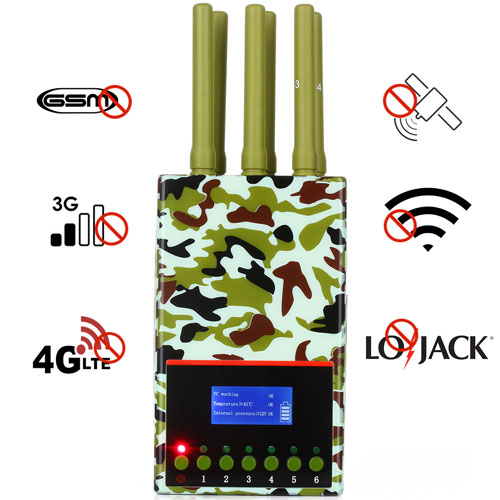
Rep. Joe Wilson says he supports it:
“I fully support the efforts of Attorney General Alan Wilson to address the issue of contraband cell phones in our correctional facilities. These devices can be used to conduct drug operations, sex trafficking, kidnapping, murder, and other illegal activities while in detention. While assisting the federal prison office technology can block cell phone signals, state and local detention facilities are illegal. We must stop inmates from using these illegal cell phones with contraband, and I look forward to supporting federal law to address this issue at the 117th Congress . ”
Conversely, Rep. James Clyburn described the cost of calling prison phones as “exorbitant and blatantly unfair to low-income families.”
These regressive policies devalue the family and have led many inmates to take the risk of breaking prison rules. We need a balanced approach that enables prisoners to maintain regular contact with their families at low cost while preventing illegal cell phone activity. In addition, we must be careful that cell phone blocking technology does not interfere with cellular service, including emergency calls, in the neighborhoods near the prison.
Currently, the street value of a smuggled cell phone is around $ 3,000.
“This is the ultimate silver bullet to make these phones no more valuable than a paperweight,” says SCDC Director Bryan Stirling.
According to Stirling, a legal call from a prison tray or kiosk costs 0.055 cents per minute.
“I don’t think a 15-minute call that costs 83 cents can be described as exorbitant by any imagination,” says Stirling.
In fact, it would take a prison tablet 10 years to run on a prison tray to get what some inmates pay for a smuggled phone.
Where is the breakup?
“I think for a while there were issues with the cost of cell phone calls. That is not the case in South Carolina and has not been for a long time, ”says Stirling.
We went back to Clyburn’s office to clarify their first statement and they told us they couldn’t answer us.
Another problem is that traffic jams can spread to areas outside the prison. During a test at the Broad River complex in 2019, the Justice Department found that over-bleeding was not a problem.
“This overflowing thing is a red herring from the (cell phone) industry. You know it works. The federal government can disrupt signals. Why can’t the states? “says Stirling.
We asked the CTIA, the association of the mobile communications industry:
“Tackling the challenge of contraband phones requires a multi-stakeholder approach. The wireless industry takes the problem seriously and is actively supporting the provision of solutions such as managed access systems that intercept calls from contraband cell phones while protecting legitimate communications. The industry has allocated significant resources and funds to help corrective officers address the problem and continues to work with policy makers at all levels of government to implement effective solutions. “


